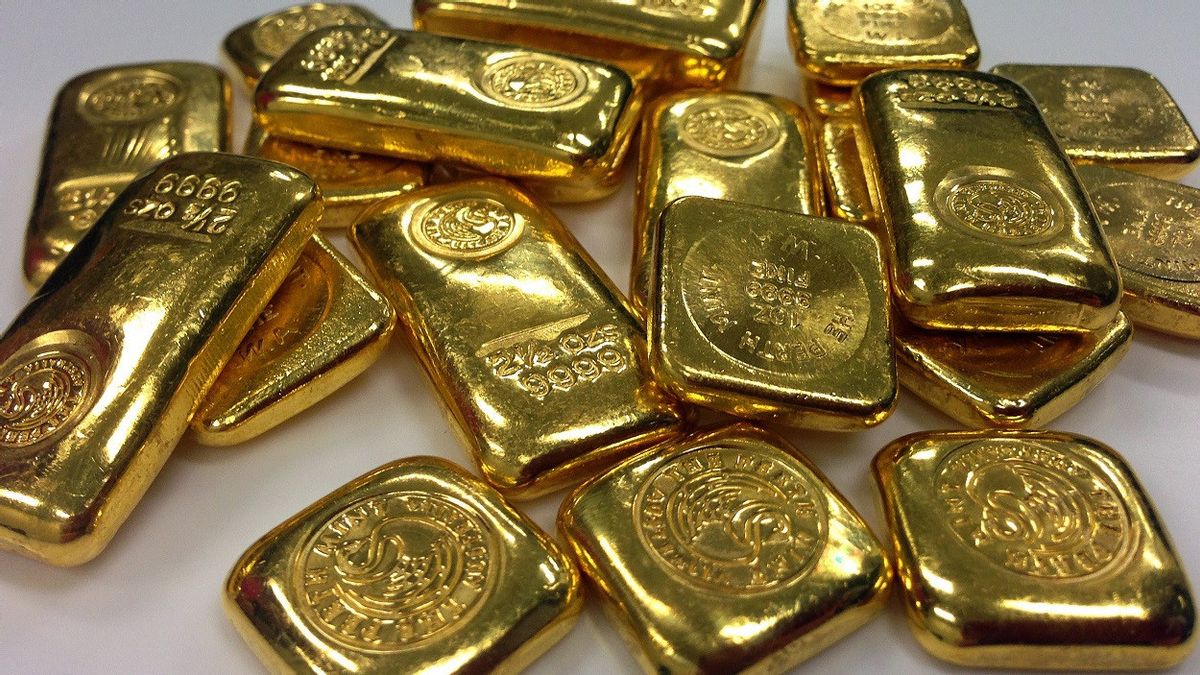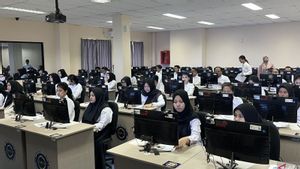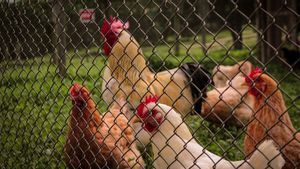JAKARTA - If nothing goes wrong, Ghana will make a 'big change' in its international transactions to pay for oil imported domestically.
The Ghanaian government is working on a new policy to buy oil products with gold instead of US dollar reserves, Vice President Mahamudu Bawumia said on Facebook.
The move is meant to address the reduced reserves of foreign currencies, coupled with the dollar's demand by oil importers, which undermines Ghana's cedi currency and increases cost of living.
Ghana's Gross International Reserve reached around $6.6 billion by the end of September 2022, equivalent to less than three months of import coverage.
That figure is down from about $9.7 billion at the end of last year, according to data from the Ghana Government.
If implemented according to plan for the first quarter of 2023, the new policy "will fundamentally change our balance sheet of payments, significantly reducing our persistent currency depreciation," Bawumia said.
"Using gold will prevent exchange rates from having a direct impact on fuel prices or utilities, because domestic sellers no longer need foreign currencies to import oil products," he explained.
"Golden counters for oil are a major structural change," he added.
The proposed policy is unusual. While countries sometimes trade oil for goods or other commodities, such deals usually involve oil-producing countries receiving non-oil goods rather than vice versa.
Ghana is known to produce crude oil, but has relied on imports for distilled oil products since its only refinery closed after an explosion in 2017.
Bawumia's announcement was posted when Finance Minister Ken Ofori-Atta announced measures to cut spending, increasing revenue in an effort to address the rising debt crisis.
In a 2023 budget presentation to parliament on Thursday, Ofori-Atta warned the West African nation was at high risk of debt pressure, and cedi's serious depreciation affected Ghana's ability to manage its public debt.
The Ghanaian government itself is negotiating aid packages with the International Monetary Fund (IMF) as the country that produces cocoa, gold and oil faces the worst economic crisis of a generation.
The English, Chinese, Japanese, Arabic, and French versions are automatically generated by the AI. So there may still be inaccuracies in translating, please always see Indonesian as our main language. (system supported by DigitalSiber.id)













